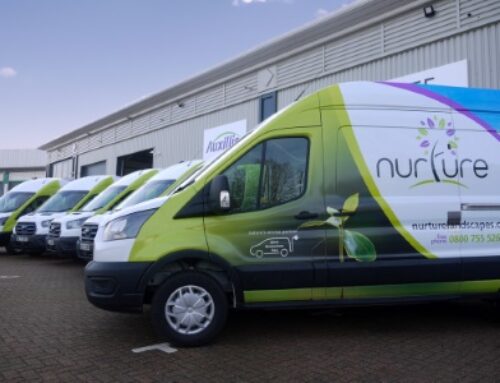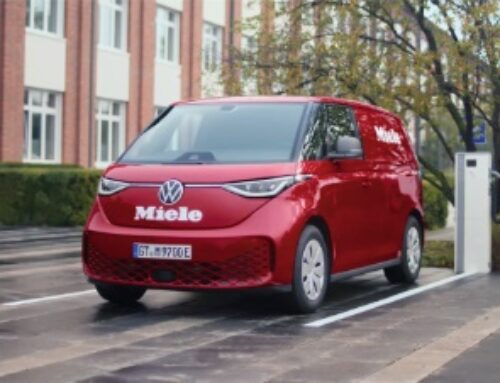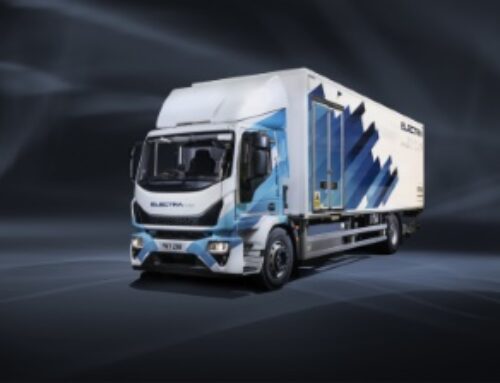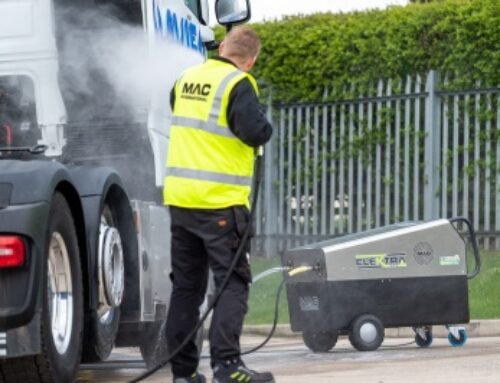Right Fuel Card highlights hurdles in shift to EVs
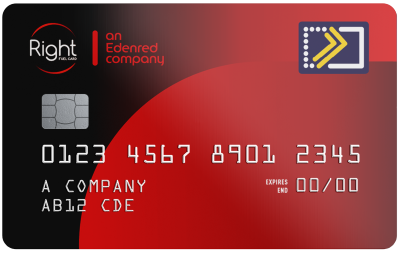 A recent survey by fuelling solutions provider Right Fuel Card has found that 97 per cent of its SME customers in the haulage and transport sector have no plans to move to electric vehicles (EVs) in the next 12 months, in spite of the wider shift towards sustainable fuels.
A recent survey by fuelling solutions provider Right Fuel Card has found that 97 per cent of its SME customers in the haulage and transport sector have no plans to move to electric vehicles (EVs) in the next 12 months, in spite of the wider shift towards sustainable fuels.
The survey, which saw businesses across the company’s SME customer base questioned to learn more about their confidence and plans over the next year, also found that fewer than one in five haulage and transport firms felt positive about the next 12 months.
“This is unsurprising given the record-breaking increases in fuel prices (which is often the largest cost driver), driver shortages and huge fluctuations in demand driven by Covid which has powered uncertainty across the sector,” said Right Fuel Card.
“Although fuel prices are starting to fall slowly after an all-time high, most transport businesses have seen a need to pass these onto customers, which has led to increased competition and uncertainty as customers shop around to get the best price or reduce activity themselves.”
The company also highlighted the rising cost of commercial vehicles and trailers, global supply chain shortages, and the HGV driver shortfall as factors compounding fleet operators’ financial challenges.
Additionally, the introduction of clean air zones was increasing the pressure on fleets to introduce new vehicles, it said.
“Smaller businesses that are running on a budget and so may not be able to invest in new fleet vehicles will likely be struggling with these challenges the most and have to make a commercial decision as to whether it is worth accepting jobs which enter clean air zones,” said Right Fuel Card.
It identified several further factors discouraging fleets from investing in EVs, including the risk of electric engine failures impacting temperature-controlled goods, inadequate charging infrastructure, range anxiety and slow charging times.
Although it is cheaper to charge an EV than pay for fuel, it would likely still cost businesses more overall in the short term at a time when most businesses are looking to control costs more tightly, Right Fuel Card contends, adding that wider financial support will be required to help many businesses switch.
Nikki Redhead, managing director of temperature-controlled transport specialist Keep It Cool Ltd, said: “The government is not providing enough support to achieve this 2035 goal; they are relying on industry to do the research and develop the infrastructure and right now achieving this goal across the industry seems a very tall order.”
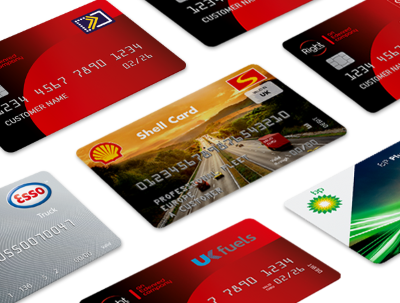 This certainly seems to be the case, says Right Fuel Card, pointing to a number of oil companies including Shell, BP and Certas that have announced independent developments across electric, hydrogen and hydrotreated vegetable oil (HVO) fuel.
This certainly seems to be the case, says Right Fuel Card, pointing to a number of oil companies including Shell, BP and Certas that have announced independent developments across electric, hydrogen and hydrotreated vegetable oil (HVO) fuel.
“Ultimately, for haulage and transport businesses keen to move to sustainable fuels as soon as possible, significant investment will be needed in both new vehicles and infrastructure alongside an understanding that ‘as soon as possible’ may still be a minimum of 18 months into the future,” said the fuel card provider.
“For those with no urgency, it may prove beneficial to sit tight in the short term. Whilst a ban on petrol and diesel engines is on the horizon, this is for new vehicles only. Small businesses will therefore have more time to get full value out of their current fleets and more time to plan an efficient switch to an alternative fuel.
“Right Fuel Card can help businesses in the haulage and transport industry with our range of fuel cards. With these cards, businesses can save time and money and can easily track their fuel expenditure through our online account management system.”








